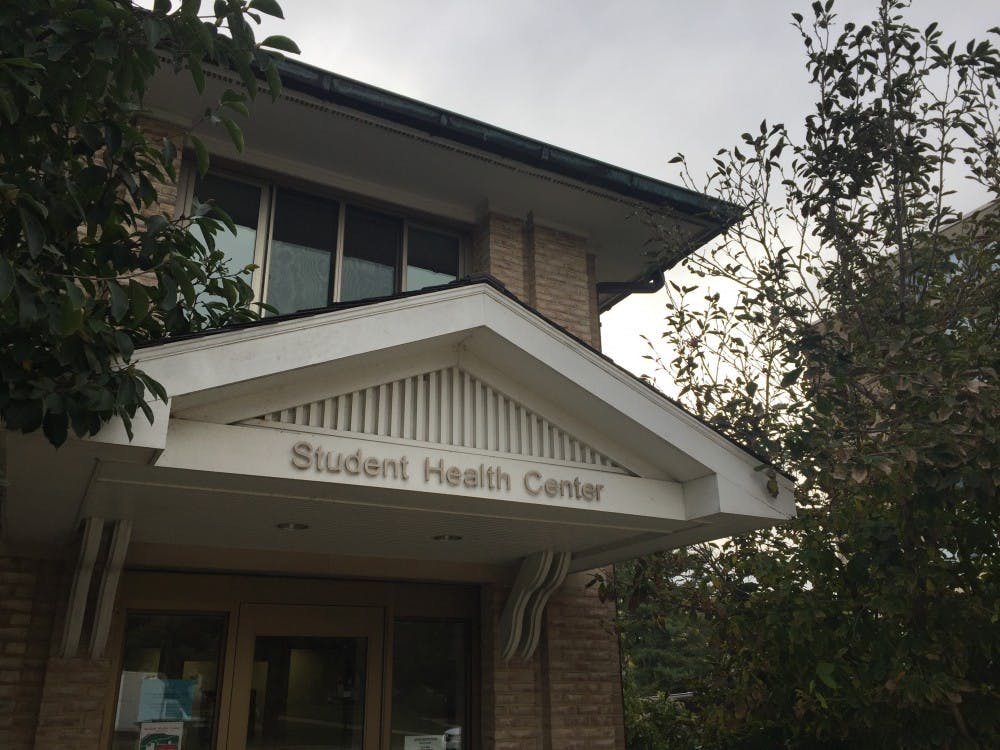The University recently switched its health insurance provider from UnitedHealthCare StudentResources to CareFirst BlueCross BlueShield. The new plan, which became effective on Aug. 1, has students concerned that the cost of their coverage would not be waived in favor of another care provider.
Vice President of Campus Life and Inclusive Excellence Fanta Aw first notified students of this change in an email to students on May 9. In the email, she said CareFirst would provide students with access to a larger network of mental health providers and an enhanced wellness program.
Aw also said that the plan would take effect on Aug. 1, but the $1,890 premium could be waived if a student received comparable coverage in D.C. The email did not specify if Medicaid, a health coverage program for low-income households, would meet the standard for a waiver. Students have until Sept. 20 to waive the fee.
“Medicaid plans are reviewed under the same criteria as all plans submitted for a waiver - if the plan meets the requirements for comparable coverage, then it is approved for a waiver,” said Assistant Vice President of Campus Life Traci Callandrillo. “Medicaid plans from the District of Columbia, Maryland and Virginia often qualify because they provide comparable coverage in the District of Columbia.”
The transition to the new provider caused junior Nyshayla Barnes to worry about if she’d be able to waive the premium for the University-provided plan. The premium decreased $70 from last year, according to Callandrillo.
Barnes said that she felt she had to jump through hoops that never existed before in order to waive her coverage. She told The Eagle that she reached out to multiple departments, including the Student Health Center and the Office of Financial Aid, after she faced difficulties waiving the University health insurance fee.
“I just thought it was a lack of communication with the administration,” Barnes said.
Barnes has a New Jersey BlueCross BlueShield plan, but initially thought she had Medicaid. Her friend helped her indicate her plan during the waiver process, which has now been accepted by CareFirst.
After reminding students of the change in an email on July 12, Aw said in an email sent on Aug. 2 that the University would continue to work with CareFirst to improve the process and directed students to contact CareFirst if their waiver request was denied.
AU NAACP released a statement on Aug. 2, which said that AU did not tell students about the new health insurance provider “within a reasonable time” and that they would advocate for students’ needs to the university. The chapter created a form for students to share their experiences with the waiver process and said they would share the responses with AU’s administration.
AU NAACP did not respond to The Eagle for comment.
One large reason why students may be denied a waiver for comparable coverage is that students’ family health insurance only covers emergency health insurance outside of their state. David Reitman, the medical director at AU’s Student Health Center, said that this results in students not being able to access proper care when they get sick at AU.
“We are actively working to address challenges related to the waiver confirmation and enrollment processes with the goal of making the experience as smooth as possible for AU students and their families,” said Scott Graham, a spokesman for CareFirst BlueCross BlueShield, in a statement to The Eagle.
Callandrillo said that the requirements for comparable coverage haven't changed since previous years. However, waivers for insurance are now undergoing an audit process to ensure that students’ plans provide comparable coverage. The new plan also includes expanded coverage and a lower deductible.
“We were experiencing an increase in situations where students didn't have comparable coverage where students were ending up with very large medical bills,” said Callandrillo. “So we were able to implement a process where students waiver requests where being reviewed.”
Callandrillo said that students concerned about affordability “should reach out to their financial aid counselor and start a conversation with them as soon as possible.”
aveitch@theeagleonline.com, saustin@theeagleonline.com





